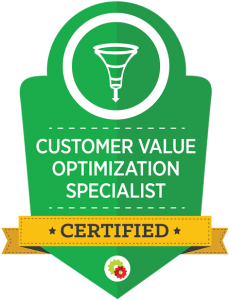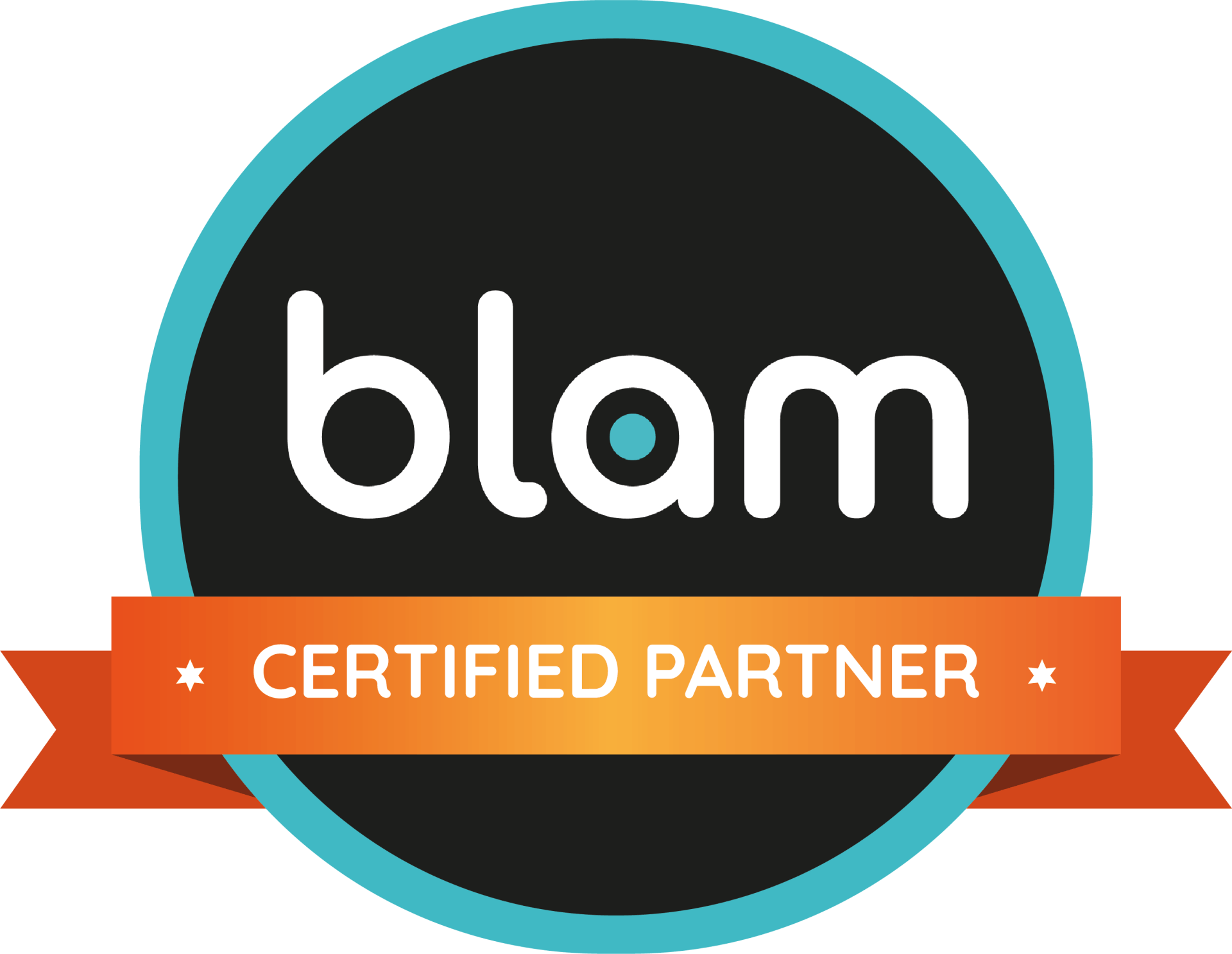SEO - How SEO works
An introduction to Search Engine Optimisation (SEO) - How SEO works

Curiosity kills the cat? Sometimes it pays to be curious.
This is our first post in a blog series I'm writing on SEO.
Introduction
Hey there, fellow small business owner! In this post, we're diving into the world of Search Engine Optimization (SEO). As a digital marketer living and working in Ireland, I know that mastering SEO can help your business rise to the top of the search results. Let’s get the SEO party started! 🎉
Overview/Definition Of SEO
SEO is crucial for your business because it helps improve your website’s visibility on search engines like Google. Think of it as the secret sauce that can make your online presence shine. ✨ By optimizing your website for search engines, you increase the chances of attracting more organic (non-paid) traffic, which can lead to more engagement, customers and sales. It’s like waving a magic wand that makes your website more attractive to search engines—and therefore potential customers. 🪄
SEO - The Key Elements
To succeed in SEO, you need to focus on several key elements. These elements will help you navigate the digital landscape like a pro:
- Keyword Research: Identifying the right keywords to target is the foundation of SEO. These are the words and phrases that potential customers use to search for products or services like yours. It’s like playing detective—find the keywords and you’ve cracked the case. 🕵️
- On-Page Optimization: This involves optimizing individual pages on your website to rank higher and earn more relevant traffic. Key components include meta tags, headers, and keyword usage within your content. Think of it as giving your web pages a makeover—they’ll thank you for it. 💅
- Content Creation: High-quality, relevant content is king. Regularly publishing valuable content helps establish your authority in your industry and keeps visitors engaged. Your website’s content should be so good that people can’t help but stick around. 🍿
- Link Building: Acquiring backlinks from reputable websites signals to search engines that your site is trustworthy and authoritative. It’s like having a bunch of cool friends vouching for you. 😎
- Technical SEO: Ensuring your website is technically sound and user-friendly. This includes aspects like site speed, mobile-friendliness, and proper indexing. A well-oiled machine runs better, and so does a well-optimized website. 🚀
How SEO Can Help Your Business
SEO is a game-changer for businesses of all sizes. By optimizing your website for search engines, you increase your visibility and attract more organic traffic. This means more potential customers finding your products or services without you having to spend a dime on advertising. Moreover, SEO helps build trust and credibility with your audience, as sites that rank higher in search results are often perceived as more trustworthy. In the long run, a strong SEO strategy can lead to sustainable growth and increased revenue, allowing your business to thrive in a competitive market.
Best Practices/Tips
Here are some actionable tips to help you master SEO:
Conduct thorough keyword research
Use tools like Google Keyword Planner, SEMrush, or Ahrefs to find keywords that are relevant to your business. Focus on long-tail keywords (more specific phrases) as they often have less competition. It's a bit like when cooking — sometimes the secret to a standout dish is adding that unique flavour. It could be garlic or coriander. By doing something different, you're more likely to create a memorable meal.
Optimize Your On-Page Elements
Ensure your meta titles, descriptions, headers, and content include your target keywords. Avoid keyword stuffing—aim for natural, readable content. Back to our memorable meal theme, you don't want to dump in the whole spice rack. 🧂
Create High-Quality Content
Write blog posts, articles, and guides that provide value to your audience. Answer their questions, solve their problems, and keep them coming back for more. Your content should be the addictive series that people binge-watch. 📺
Consistency
Posting content and updating your website frequently will keep it fresh, AND will help with building credibility with the search engines.
Build Quality Backlinks
Reach out to industry influencers, write guest posts, and participate in online communities to build backlinks to your site. It’s like networking but without the awkward small talk. 🤝
Improve Site Speed
Use tools like Google PageSpeed Insights to identify and fix issues that slow down your website. A faster site improves user experience and search engine rankings. Think of it as giving your site a turbo boost. 🏎️
How SEO Helps in Digital Marketing
In the realm of digital marketing, SEO plays a pivotal role. It complements other marketing strategies by ensuring your content reaches the right audience at the right time. For instance, combining SEO with content marketing means that your high-quality blog posts, articles, and videos are more likely to be discovered by potential customers. Similarly, SEO enhances the effectiveness of social media marketing by driving traffic from search engines to your social profiles. When all your digital marketing efforts work in harmony, SEO acts as the glue that binds them together, creating a cohesive and powerful online presence.
Tools/Resources
Don't worry, you don't have to do it all alone. There are plenty of tools and resources to help you with SEO. Here are a few.
- Google Analytics: Track your website’s performance and gain insights into your visitors' behavior. It’s like having a crystal ball for your website. 🔮
- SEMrush: An all-in-one SEO tool that helps with keyword research, competitor analysis, and site audits. Consider it your Swiss Army knife for SEO. 🛠️
- Moz: Offers a suite of SEO tools for keyword research, link building, and site audits. It's like having a personal SEO assistant. 🧰
Conclusion
And there you have it! The key takeaways for mastering SEO. Remember, if you need help with SEO, don't hesitate to reach out. We're here to help you grow your business with our AI websites, SEO, social media management, content writing, PPC, email marketing, CRO, and CMS system services. Consider us your SEO sidekicks—ready to save the day. 🦸♂️
About us
With years of experience in the digital marketing realm, our team is dedicated to helping small and medium businesses thrive online. Our expertise in SEO, combined with a passion for technological innovation, ensures that we stay ahead of the curve and deliver results. We believe in taking unique approaches and leveraging our collective knowledge to elevate your online presence. We hope this blog series will be valuable whether you decide to manage your SEO or simply want to understand the essentials for smart edits. Join us on this journey as we turn your digital goals into reality, one optimized website at a time. Helena Rothwell - based in Portlaoise, Co Laois, Ireland.
Contact Us












